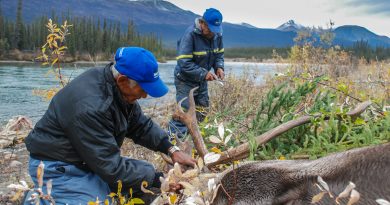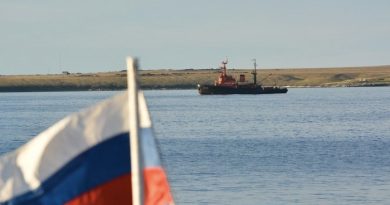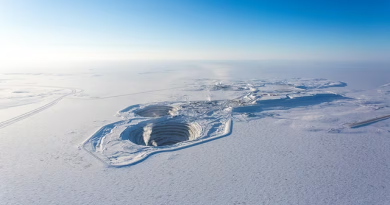Colder than average autumn in Finnish Lapland
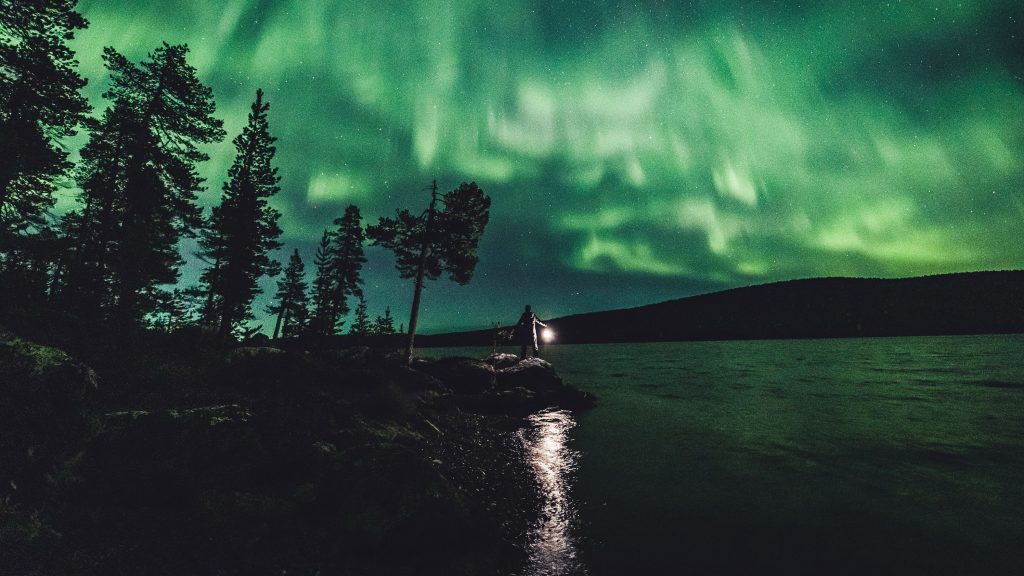
Arctic Finland experienced a colder autumn than usual in 2019 according to statistics from the Finnish Meteorological Institute (FMI).
In fall, from September to November, Finland’s northernmost Lapland region was approximately 1 C colder than average, according to the statistics, making it the coldest Lapland autumn since 2002.
In November specifically, while southern Finland experienced 1 C milder temperatures than usual, Lapland experienced temperatures around 1 – 2 C colder than usual.
The coldest temperatures in Lapland were measured on November 11 in the municipalities of Enontekiö and Utsjoki at -30.9 C,
By the end of November, Lapland, along with the nearby regions of Koillismaa and Kainuu, also received around 30-50 cm of snow, about 20 cm more than usual, said an English-language news release from the Finnish Meteorological Institute in December.
Rainy fall in Finland
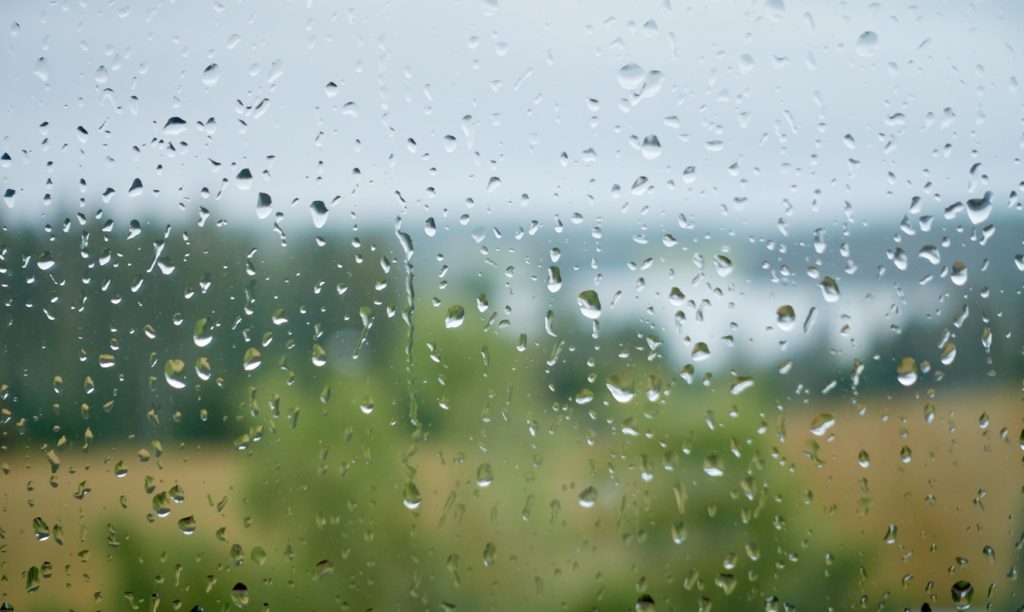
But in contrast to the rest of the country, where many regions experienced higher than usual precipitation, especially in central Finland, Lapland actually experienced lower than average participation, the news release said.
In November, the least amount of precipitation was measured in Lapland in Kirakkajärvi, Inari, with 11.1 mm.
Write to Eilís Quinn at eilis.quinn@cbc.ca
Related stories from around the North:
Canada: Water levels unusually low across Beaufort Delta region, in northwestern Canada, CBC News
Finland: Cooler summer weather has positive effects in Finland, Yle News
Norway: Temperatures on Svalbard have been above normal for 100 straight months, The Independent Barents Observer
Russia: June heat wave hits Northern Europe, The Independent Barents Observer
Sweden: Small fires break out due to dry conditions, Radio Sweden
United States: Temperatures nearing all-time records in Southcentral Alaska, Alaska Public Media

